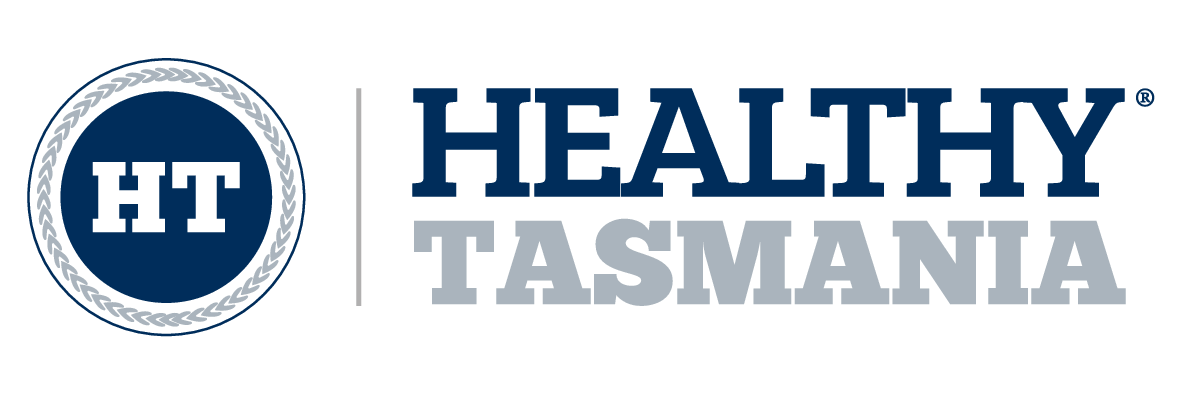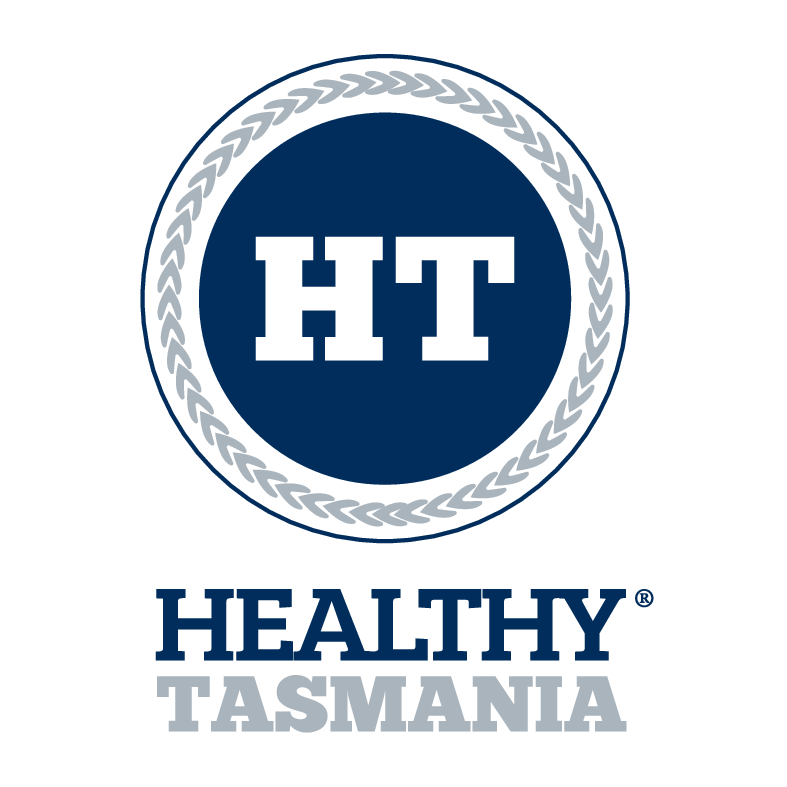Talking Point: Open floodgates to jobs boom | The Mercury
December 11, 2017 12:30am
A well-versed health expert once explained the problem of our health system: We keep parking ambulances at the bottom of the cliff — what we need is a good strong fence at the top.
In Tasmania, we only have a couple of danger signs at the top of that cliff despite a capable workforce of fence builders busting to come and get the job done.
I’d argue that the correct investment in preventative health would bring about an economic boom; not only would it lead to an eventual reduction in public spending on acute health, a growing budget problem universally, it would open the floodgates to a torrent of clever innovation already happening in the sector which is focused on keeping people well for longer and out of hospitals.
It’s imperative that any government funding for preventative health is understood as an investment, not a handout. The World Health Organisation reported an economics evidence base for increasing preventative health in 2013 and in July this year Australian think tank Policy Cures Research delivered a report saying American investment in health research generated billions in economic activity providing jobs and private sector investment.
This can happen for the preventative health sector in Tasmania provided there is good foresight and planning, and by prioritising the sector through opportunities like the Launceston City Deal and mooted Hobart City Deal.
The Australian Jobs Report 2017 says the Health Care and Social Assistance sector is the biggest employer in the state, and nationally has provided more new jobs in the past five years than any other industry.
A CSIRO report tells us that service industries such as healthcare are the driving force behind job creation and that as we move into a knowledge economy, service sector jobs that require social interaction skills and emotional intelligence will become increasingly important.
So, who are the fence builders?
The CSIRO report calls them Personalised Preventative Health Helpers: “workers who possess great ‘people skills’ and have the ability to understand and interpret health/wellbeing related scientific information”. They will use technology to maintain close relationships with clients, giving them personalised information. The report points to the personal fitness industry as an indication of how this profession will grow.
Considering the ‘fence building cohort’ goes well beyond personal trainers, life coaches and yoga instructors, the potential is massive. It includes exercise physiologists, dietitians, diabetes educators, health promotion experts, case workers and others who help avoid or manage chronic illness. If we can reduce some of the barriers to accessing these professions and simplify how these workers obtain their funding, not only would we keep people out of hospital, we’d increase jobs in the private and public systems.
Tasmania’s ageing population will need more workers, new models of care and technological solutions. Employers will need them as they develop human resource strategies to address diet and lifestyle-related disorders to ensure their employees are ‘fit to work’. The work done to increase awareness of good mental health will give rise to many new jobs.
Then there are the services, products and business that many may not consider being part of the preventative health industry. One Sydney start-up is delivering tailor-made meals to help control diabetes, while in Tasmania, charitable and paid fresh food boxes in huge demand. The CSIRO report talks of supermarkets like showrooms, with “advisers and consultants seated at desks advising coffee-sipping customers about the merits of food, clothing and household products, based on their health and lifestyle needs”.
Technology provides huge potential for jobs growth. We’ve seen one Launceston start-up develop a world-first online health and nutrition program to support couples going through assisted reproduction; they’re helping couples in London while sitting at a desk in Launceston. Tech start-ups are designing everything from genetic test screening to computer-based diagnostics, devices that detect early signs of skin cancer to wearables that not only track activity and nutrition but will tell you if your posture needs fixing or you’ve been sitting down for too long. Then there is the minefield of finding a better solution to data storage and collection of health records. My company Healthy Tasmania has developed an app that tracks attendance at healthy lifestyle programs and links to a data management system, creating an evaluation tool for organisations that need to report to funding or research bodies.
As many commentators have pointed out, balancing innovation with value generation in health care is tricky. However, it seems to me our small connected state is the perfect incubator. As Australia’s oldest, sickest, fattest, most disabled population there’s no doubt the demand is there, which makes for a good market. With one health system, one primary health care network and one university we’re in a unique position to develop the correct training programs and offer the right funding models.
Add to that Launceston having Australia’s first city wide internet-of-Things LORA network and gigabit connectivity and a history as being Australia’s most entrepreneurial region — it’s the perfect storm.
If political parties are serious about their slogans of ‘more jobs’ and ‘better health’ it’d be a smart pre-election move to properly invest in preventative health, using a whole-of-government approach rather than dipping into the already struggling acute health budget. The jobs will come.
Personally, I’d love to see a stronger workforce of fence-builders and less demand for the ambos.
Tasmanians Penny Terry, a former ABC presenter, and her sister Lucy Byrne founded www.healthytasmania.com.au, a company that works with community partners to improve individual, social and economic health. Lucy graduated from the Tasmanian Leaders program in 2011.
This article was first published in The Mercury Newspaper


